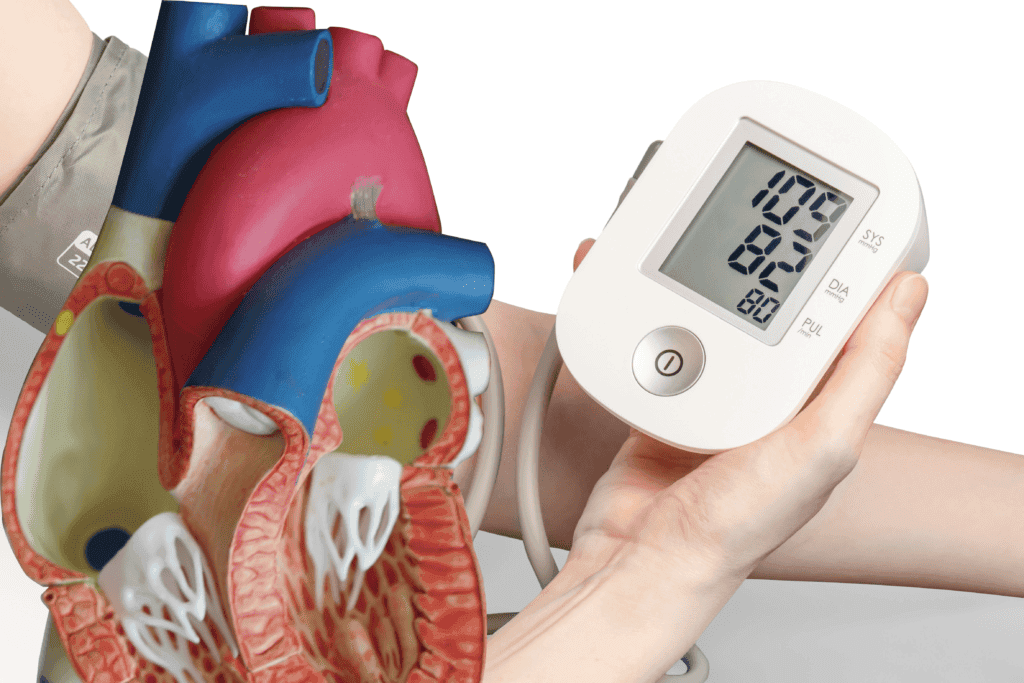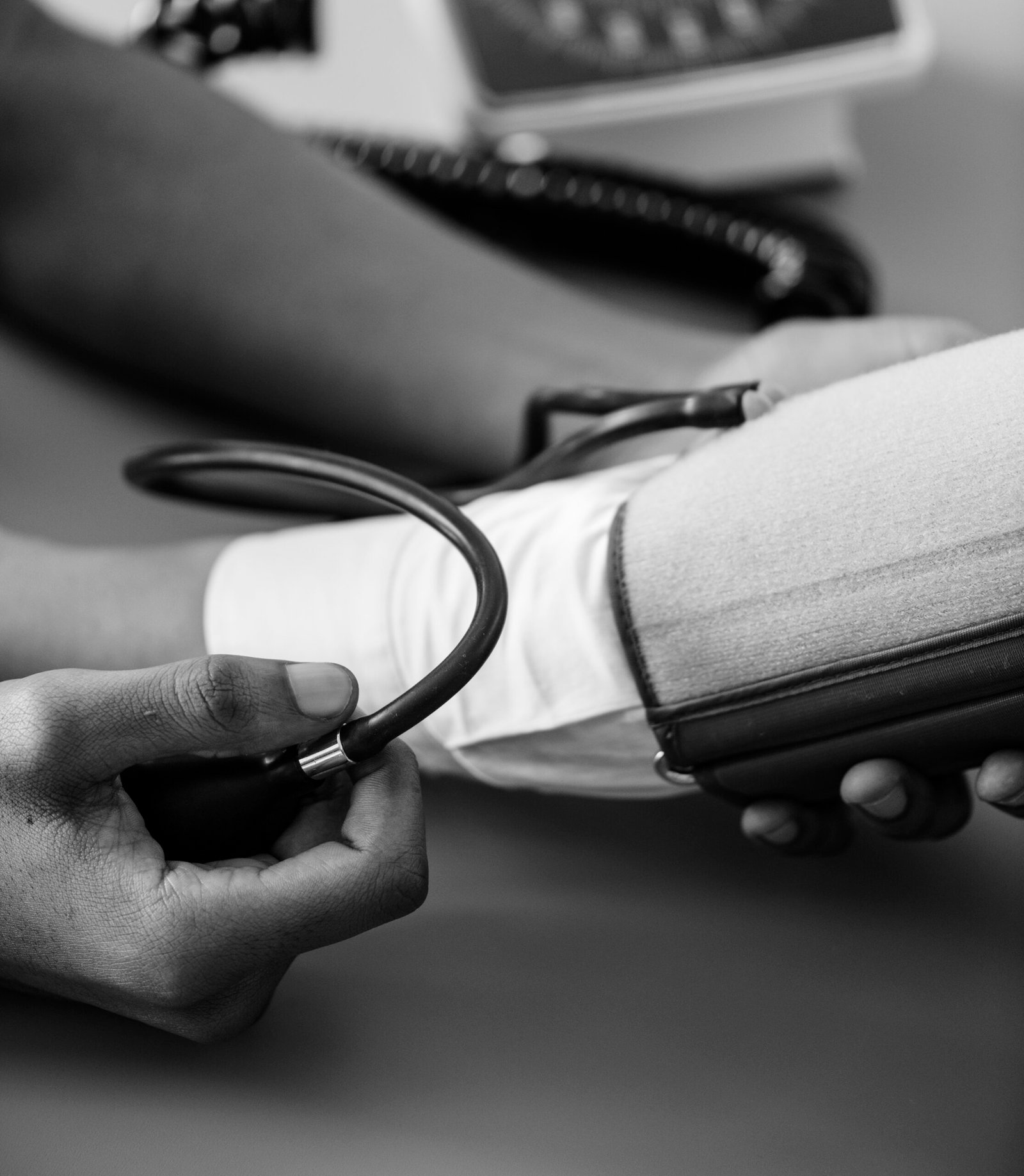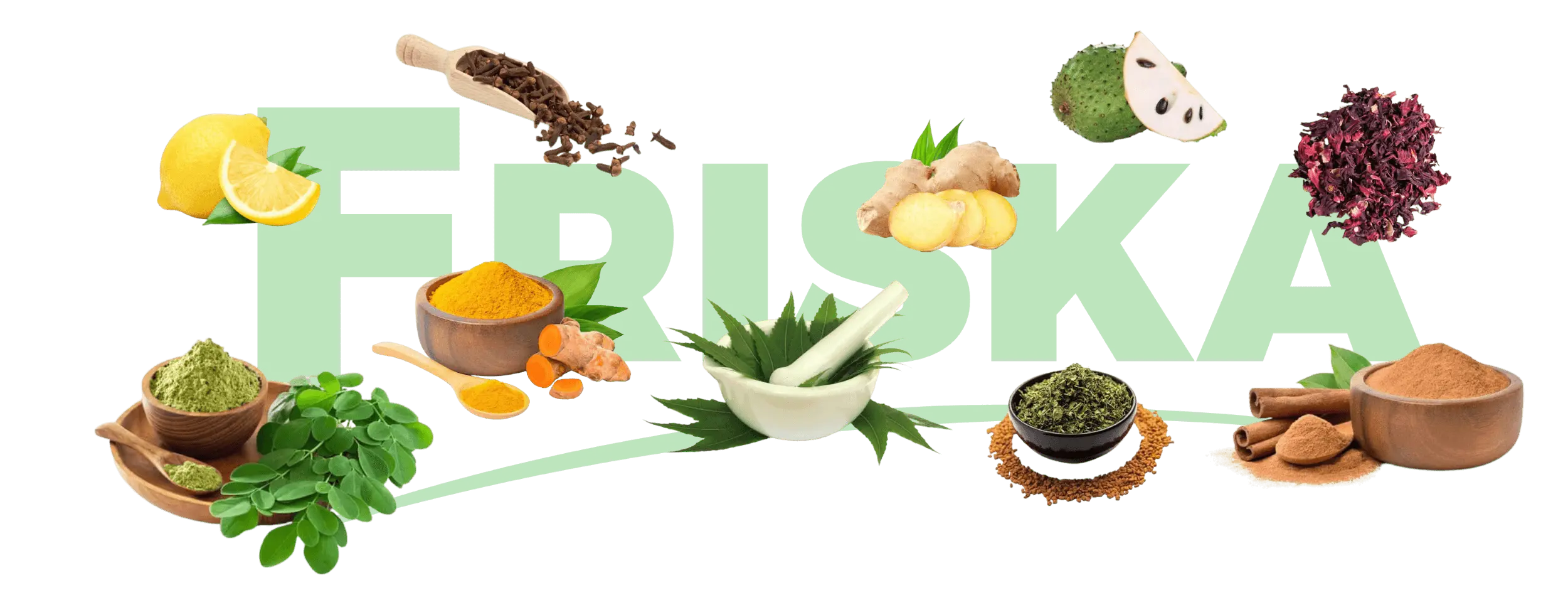
Salt, a common component of our daily diets, has a significant impact on our health, particularly when it comes to salt and blood pressure. While our bodies require sodium for essential functions, such as maintaining fluid balance and ensuring muscle and nerve function, excessive salt intake can lead to various health issues, including high blood pressure (hypertension). In this blog post, we will explore the link between salt and blood pressure, the potential dangers of consuming too much salt, how high blood pressure affects the body, and practical tips to manage salt intake and reduce blood pressure.
What Does Salt Have to Do with Blood Pressure?
To understand how salt and blood pressure are connected, it’s crucial to first recognize the role of sodium in the body. Sodium, one of the key components of salt (the other being chloride), plays an important role in regulating fluid levels in the body. When you consume too much sodium, your body retains water in an effort to dilute the excess sodium in your bloodstream. This additional water increases the volume of blood flowing through your blood vessels, which, in turn, raises your blood pressure.
Salt and blood pressure are closely linked because when there’s an increase in blood volume due to water retention, the heart has to work harder to pump blood, leading to higher pressure in the arteries. Over time, this strain on your heart and blood vessels can contribute to a range of health problems, including cardiovascular disease, kidney damage, and strokes.
How High Blood Pressure Can Harm the Body:
Chronic high blood pressure, or hypertension, is often referred to as a “silent killer” because it can cause severe health problems without showing any obvious symptoms. When left unmanaged, hypertension can lead to a variety of complications throughout the body:
Heart Problems:
The increased strain on your heart can lead to heart enlargement, heart failure, or coronary artery disease. Over time, the heart has to pump harder, which can weaken the heart muscle.
Kidney Damage:
The kidneys play a role in filtering waste and excess fluid from your blood. High blood pressure can damage the blood vessels in the kidneys, leading to kidney disease or even kidney failure.
Stroke:
Hypertension can cause blood vessels in the brain to weaken or become blocked. This can increase the risk of a stroke, a condition where the brain’s blood supply is interrupted, leading to brain damage.
Vision Loss:
High blood pressure can damage the small blood vessels in the eyes, leading to retinopathy or vision loss. Given the strong correlation between salt and blood pressure, reducing sodium consumption can help manage and even prevent high blood pressure.
Tips to Manage Salt Intake and Reduce Blood Pressure
The good news is that by making simple adjustments to your diet and lifestyle, you can manage your salt and blood pressure more effectively. Here are some practical tips to help you lower your salt consumption and maintain healthy blood pressure levels:
Choose Fresh Foods Whenever Possible:
Processed and packaged foods often contain high amounts of sodium, even if they don’t taste particularly salty. Instead, opt for fresh fruits, vegetables, lean proteins, and whole grains, which are naturally low in sodium. Fresh foods also offer more nutrients and fewer preservatives, making them a healthier choice overall.
Use Herbs and Spices for Flavoring:
Instead of relying on salt to flavor your meals, experiment with herbs and spices such as basil, oregano, thyme, rosemary, and garlic. These ingredients can add depth and complexity to your dishes without the need for excess sodium. Using herbs and spices can be a great way to enhance flavor while keeping your sodium levels in check.
Limit Salty Snacks Like Chips:
Salty snacks like chips, pretzels, and crackers can quickly add up in terms of sodium content. Try to limit your consumption of these snacks and instead opt for healthier alternatives like unsalted nuts, fresh fruit, or raw vegetables with hummus. When you do indulge in salty snacks, be mindful of portion sizes.
Check Food Labels Before Eating:
Many processed foods contain hidden sodium, even those that don’t taste particularly salty. It’s essential to check food labels for sodium content, especially when purchasing canned goods, frozen meals, and condiments. Look for low-sodium or no-salt-added versions of your favorite products, and be aware that sodium can be listed under different names, such as sodium benzoate, monosodium glutamate (MSG), and sodium bicarbonate.
Eat More Home-Cooked Meals:
When you cook at home, you have full control over the ingredients you use, including the amount of salt you add to your meals. This makes it easier to limit your sodium intake compared to eating out at restaurants or ordering takeout, where dishes often contain higher levels of salt for flavor and preservation purposes.
Stay Hydrated:
Drinking enough water is essential for maintaining proper fluid balance in the body. Adequate hydration helps flush out excess sodium through urine and prevents water retention, which can contribute to high blood pressure. Aim to drink plenty of water throughout the day, and consider herbal teas or infused water if you prefer a little flavor.
Maintain a Balanced Diet Rich in Fruits and Vegetables:
A diet rich in fruits, vegetables, whole grains, and lean proteins can help keep your salt and blood pressure in check. Fruits and vegetables, in particular, are low in sodium and high in important nutrients like fiber, vitamins, and minerals. They are also rich in antioxidants, which can help reduce inflammation and protect your cardiovascular system.
Eat Foods High in Potassium:
Potassium is a crucial nutrient that helps balance the effects of sodium in the body. It works by helping the kidneys excrete excess sodium through urine, which can lower blood pressure. Foods rich in potassium include bananas, spinach, sweet potatoes, tomatoes, and avocados. Incorporating these foods into your diet can help counteract the effects of sodium and support heart health.
Conclusion
Understanding the relationship between salt and blood pressure is key to maintaining a healthy lifestyle. While sodium is an essential nutrient, consuming too much can lead to hypertension, which can have serious consequences for your heart, kidneys, and overall health. By making conscious choices about the foods you eat, limiting your salt intake, and adopting a balanced diet rich in fresh produce and potassium, you can take control of your blood pressure and protect your long-term well-being.
Making small changes, such as cooking more meals at home, reading food labels, and using herbs and spices for flavoring, can have a big impact on your health. Start implementing these tips today to enjoy a healthier, lower-sodium diet and keep your salt and blood pressure in check.
Finally, if you are at risk of managing high blood pressure, remember that there is a Friska tea for you, Friska blood pressure tea helps you to regulate your blood pressure naturally.


